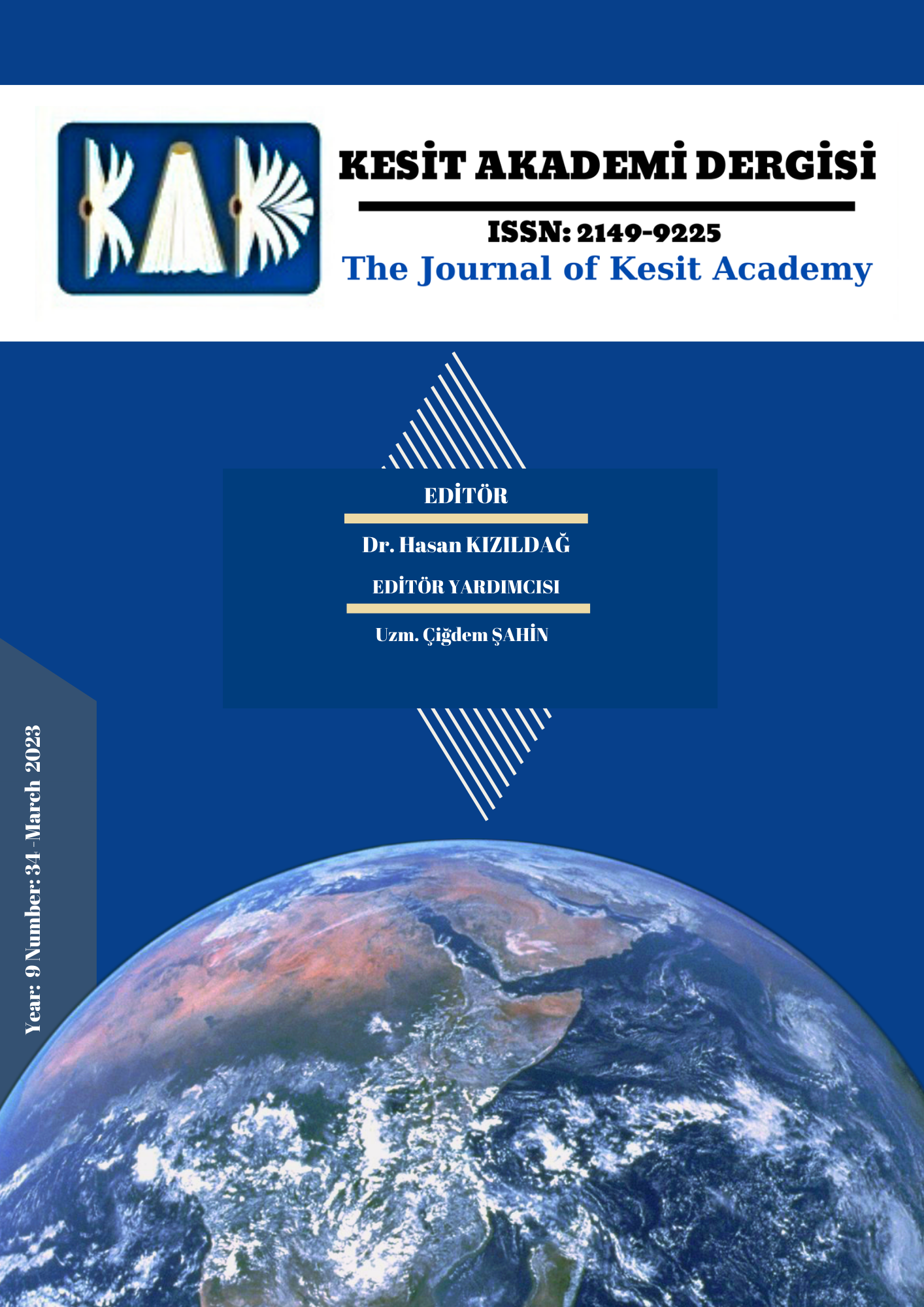Author :
Abstract
Eğitim, bireyde istendik davranışlar meydana getiren işlevsel bir süreç olduğuna göre kişilik gelişimini büyük ölçüde aile, okul ve çevre üçgeninde tamamlayan bireyin davranışlarına yön vermek ve onu toplumun ideal bir parçası haline getirmek yeryüzündeki tüm ulus ve medeniyetlerin hem ortak bir şiarı hem de görevi olmuştur. Medeniyetlerin oluşum ve devamında her biri ayrı bir tarihsel önem ve değeri haiz sosyal dokuya ait önemli birçok değerin izine rastlamak mümkündür. Aslında tüm eğitim sistemlerinde yapılmak istenen toplumsal ve kültürel mirası sonraki kuşaklara sorunsuz devredecek nitelikli, erdem ve fazilet sahibi bireyler yetiştirmektir. Bu amacın gerçekleşmesi için her bir ulus, sahip olunan sosyal, kültürel, ekonomik ve bilimsel kazanımların tamamını muhafaza etmek, kapsam, değer ve nitelik açısından da üstüne bir şeyler koymak istemektedir. İdeal çerçeve böyle olmakla birlikte zaman zaman çeşitli nedenlerden ötürü medeniyetlerin rotasında sapmalar meydana gelmiş; yapıcı ilişkiler, anlama ve öğrenme arzusu, gelişim ve büyüme hedefleri dumura uğramış, toplumsal kaos veya rehavet sonucu bireyler öz-değer inancını yitirmiş ve bu durum yeni bir silkelenme, kendine gelme, yenilenme veya dirilme anlamında ‘ihya’ olmayı gerekli kılmıştır. Özellikle İslam Medeniyetleri, ‘topyekûn ihya’ bağlamında önceliği eğitim, okul ve tedrisat işlerine vermiştir. Kaynağı Kur’an ve sünnet olan her yeni diriliş sürecinde eğitim-öğretim sorunlarının öncelikle ele alınması, İslam Medeniyetlerinde değişmeyen bir olgu haline gelmiş ve geleneksel bir hüviyet kazanan bu durum, tarihin farklı dönemlerinde çeşitli İslam Devletlerinin hep bu minval üzere hareket etmesine imkân tanımıştır.
Keywords
Abstract
Since education is a functional process that creates desired behaviors in the individual, it has been both a common indicator and a duty of all nations and civilizations on earth to direct the behaviors of the individual who has completed his personal development largely in the triangle of family, school and environment and to make him an ideal part of the society. It is possible to find traces of many important values belonging to the social structure, each of which has a different historical importance and value in the formation and continuation of civilizations. In fact, what is desired to be done in all education systems is to raise qualified and virtuous individuals who will transfer the social and cultural heritage to the next generations without any problems. In order to achieve this goal, each nation wants to preserve all of its social, cultural, economic and scientific achievements and to put something on it in terms of scope, value and quality. Although this is the ideal framework, from time to time some deviations have occurred in the course of civilizations for various reasons. The constructive relationships, the desire to understand and learn, and the goals of development and growth have come to an end due to social chaos or complacency, and thus individuals and societies have lost their belief in self-worth. Consequently, this has required 'revival' in the sense of a new shake-up, recovery, renewal or resurrection. In particular, Islamic Civilizations have given the highest prioritiy to education, learning and school in the context of 'total revival'. In every new "revival" process, the source of which is the Qur'an and the Sunnah, the primary treatment of education and training problems has become an unchanging phenomenon in Islamic Civilizations gaining this a traditional identitiy. This new tendency has allowed various Islamic States to act in this manner in different periods of history.





